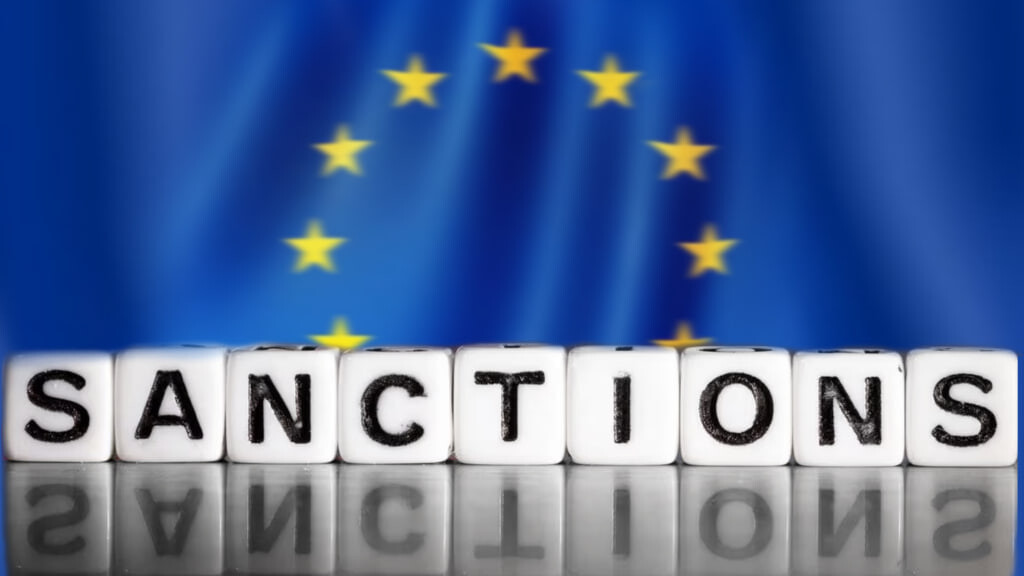
Brussels – The European Union is bracing for a potential showdown with Hungary as the deadline for extending sanctions against Russia looms, with concerns that Budapest may veto the renewal, according to sources within the EU. The current sanctions package, which includes individual restrictive measures such as travel bans and asset freezes, is set to expire on March 15, 2025.
The potential failure to extend these sanctions could have significant financial implications, potentially leading to the unfreezing of up to 30% of Russian assets currently held under EU restrictions. Estimates suggest that over €60 billion could be impacted. While bureaucratic procedures would create a time lag before Russia could fully access these funds, the risk remains substantial.
EU officials are actively preparing for this contingency. Should Hungary block the extension before the deadline, the matter will be escalated to the EU Foreign Affairs Council meeting on March 17, 2025. At this meeting, foreign ministers from the 26 other EU member states will seek to exert pressure on Hungary to reverse its stance.
"We are preparing for all scenarios," stated a European diplomat, emphasizing the urgency of the situation. "While we remain hopeful for a negotiated solution, we must be ready to act."
The EU is currently employing diplomatic channels to persuade Hungary to agree to the extension. EU negotiators are exploring non-public means of securing Hungary's agreement.
To address the situation, EU ambassadors are scheduled to convene on March 12 and again on March 14, the day before the crucial deadline. These meetings will serve as critical platforms for strategizing and coordinating efforts to ensure the continuation of the sanctions regime.
The sanctions, initially imposed in response to Russia's aggression against Ukraine, have been a cornerstone of the EU's efforts to pressure Moscow. Their potential lapse would not only weaken the EU's stance but also send a concerning message to international partners. The EU is determined to maintain a united front against Russian aggression, and is working diligently to overcome the potential obstacle presented by Hungary.
[Copyright (c) Global Economic Times. All Rights Reserved.]




























